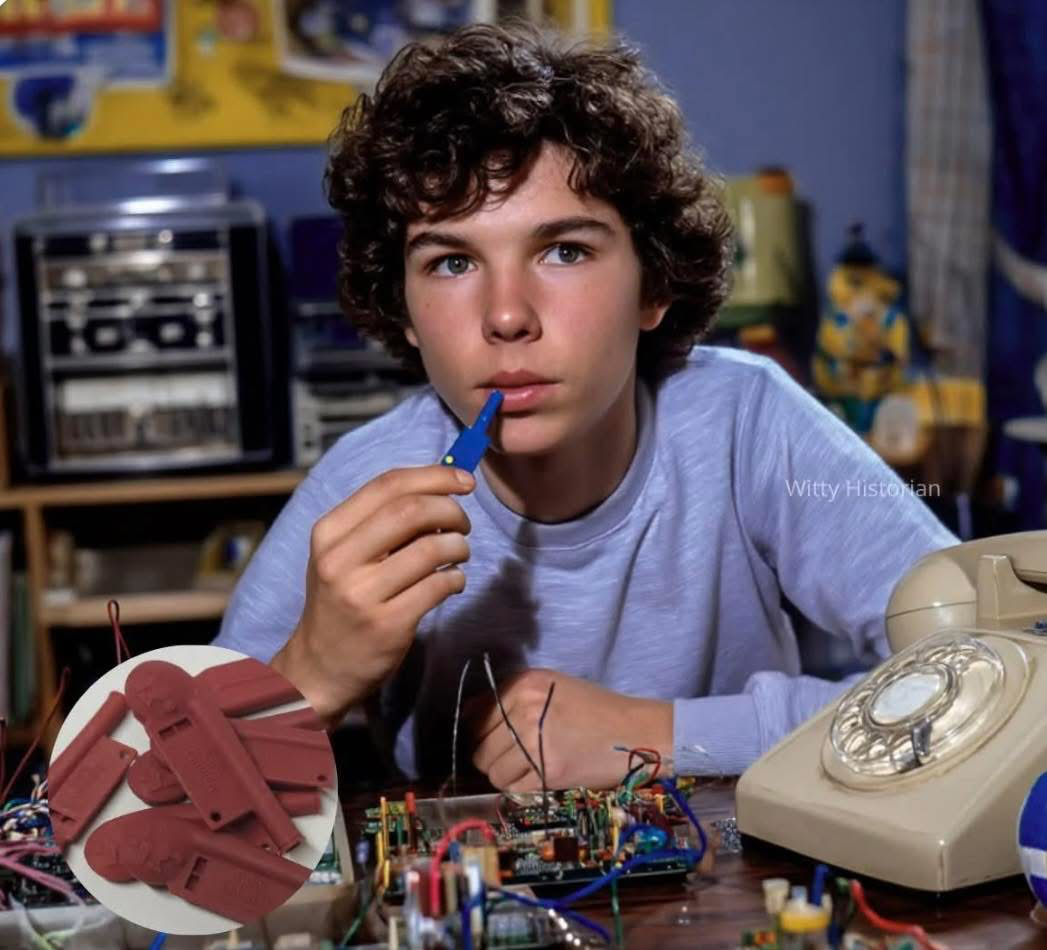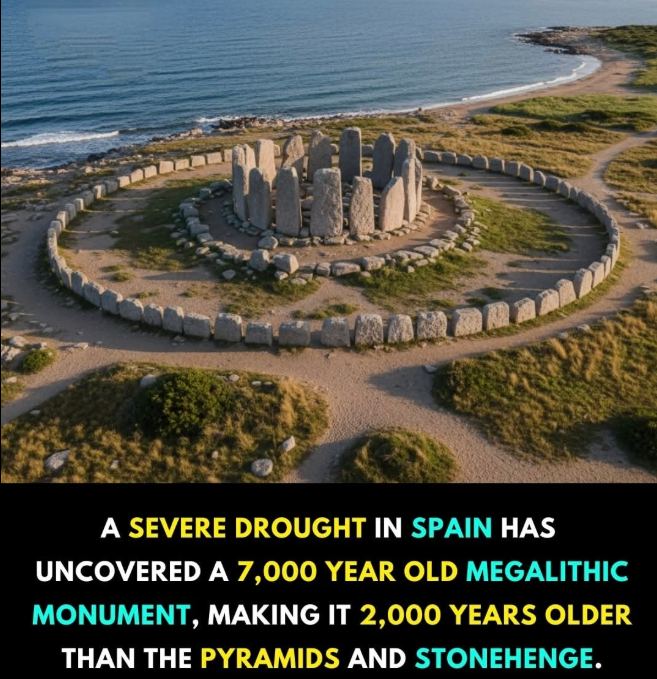Mildly interesting
-
@jon-nyc Interesting. I would not have guessed that. I would have thought it was younger 100+ years ago.
-
WW II
-
This is interesting, if true. Complete opposite of what we learned from monopoly, which was to amass wealth and mercilessly crush your opponents. Of course we were like that with everything. All competition was blood sport.
The original Monopoly was invented by a woman in 1904 to highlight the dangers of unchecked capitalism, she was told her concept was too complex, then the idea was stolen.
Long before Monopoly became a family game-night staple, it was a pointed critique of economic inequality. The game was originally created in 1904 by Elizabeth Magie, an American writer, inventor, and staunch supporter of economist Henry George’s ideas about land reform. She called it The Landlord’s Game and designed it to demonstrate how wealth accumulation and rent-seeking concentrated power in the hands of a few while impoverishing everyone else.
Magie patented the game in 1904, including two rule sets: one where players competed to monopolize property and another where everyone benefited equally from shared wealth — a direct moral lesson about the difference between greed and fairness. She hoped it would teach players that monopolies harm society.
Years later, Charles Darrow encountered a version of Magie’s game, modified and circulating informally among friends and communities. He sold it to Parker Brothers in the 1930s, claiming it as his own invention. The company bought Magie’s patent for just $500 and erased her name from history. Monopoly went on to become one of the best-selling board games of all time — ironically celebrating the very capitalist spirit it was meant to criticize.
Added Fact: Elizabeth Magie’s original 1904 patent for The Landlord’s Game remains one of the earliest known board game patents filed by a woman in the United States.
-
There's a lesson here. I'd never heard this story.
𝗗𝗿. Frank Mayfield was touring the Tewksbury Institute when, on his way out, he accidentally bumped into an elderly floor maid. To ease the awkwardness, Dr. Mayfield struck up a conversation.
“How long have you worked here?” he asked.
“I’ve worked here almost since the place opened,” she replied.
“What can you tell me about the history of this place?”
“I don’t think I can tell you much,” she said, “but I can show you something.”
She led him down to the basement beneath the oldest wing of the building and pointed to a small, rusted cell. “That’s the cage where they used to keep Annie Sullivan,” she said.
“Who’s Annie?”
The maid explained that Annie was a young girl brought there because she was considered incorrigible—wild, uncontrollable, impossible to manage. She bit, screamed, and threw her food. Doctors and nurses couldn’t even examine her.
“I was just a few years younger than Annie,” the maid continued. “I used to think, ‘I’d hate to be locked in a cage like that.’ I wanted to help her, but if the doctors couldn’t, what could someone like me do?
“One night I baked some brownies after work. The next day, I set them on the floor outside her cage and said, ‘Annie, I baked these just for you. You can take them if you want.’ Then I hurried away, afraid she’d throw them. But she didn’t. She took the brownies and ate them. After that, she was a little nicer to me. Sometimes I’d talk to her, and once I even got her laughing.
“One of the nurses noticed and told the doctor. They asked if I’d help them with Annie. So whenever they needed to see her, I went in first to calm her, explain things, and hold her hand. That’s how they discovered Annie was nearly blind.”
After a year of slow, difficult progress, the Perkins Institute for the Blind opened. Annie was sent there, where she learned to read, write, and eventually became a teacher herself.
Years later, Annie returned to Tewksbury to visit and to help. The Director remembered a letter he had just received from a desperate father. His daughter was blind, deaf, and thought to be “deranged.” He didn’t want to put her in an asylum and asked if anyone might come work with her at home.
That is how Annie Sullivan became the lifelong companion and teacher of Helen Keller.
When Helen Keller later received the Nobel Prize, she was asked who had most influenced her life. She answered, “Annie Sullivan.”
But Annie replied, “No, Helen. The woman who influenced us both was a floor maid at Tewksbury who brought a little girl some brownies.”

-
I thought it was cool that we figured out how to make free pay phone calls by tapping out the number on the receiver hook.
In the 1960s, a kid playing with a toy whistle from a Cap’n Crunch cereal made an odd discovery. The whistle produced a 2600-hertz tone, the same sound used by AT&T to control its phone network. That unlocked a loophole in the system, allowing them to hack into AT&T and get free long distance calls.
When pranksters and tech-savvy youth discovered this, they learned they could mimic the signal, tricking the network into granting free international calls. These early experimenters, dubbed “phone phreaks,” laid the groundwork for what would later become modern hacking culture.
The most famous of them, John Draper (nicknamed “Captain Crunch”) built electronic devices called “blue boxes” that reproduced the whistle’s tone with precision. Even a young Steve Jobs and Steve Wozniak were captivated by the trick, selling their own blue boxes at college before founding Apple. What began as childlike curiosity revealed the fragility of the world’s largest communications system and marked the dawn of digital rebellion.
Added Fact: The 2600 Hz tone became so iconic that a hacker magazine, 2600: The Hacker Quarterly, was later named in its honor.

-
FDR always seemed like something of a grandfather figure. I just (re) learned that he was only 63 when he died.
That means when Pearl Harbor happened he was still in his 50s. And he was only 50 when first elected.
I’m sure I knew that back when that would have sounded much older to me.
-
-
@jon-nyc said in Mildly interesting:
Not saying this is easy, and I don’t know if this is what he did. If it were me attempting this, I think I would do it in a tip-toe manner, without letting the heels touch the ground.


